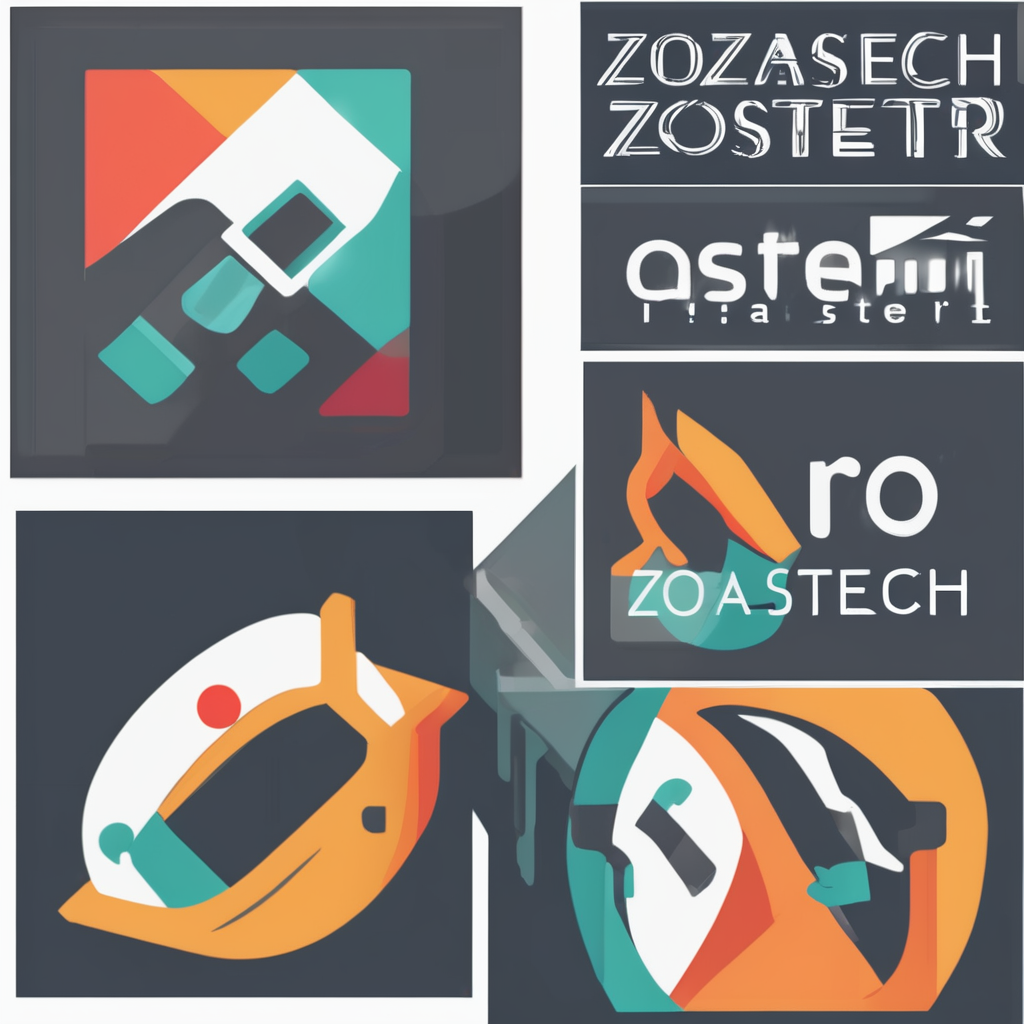Overview of Cutting-Edge Technology in the UK Business Landscape
The UK business trends currently showcase a rapid embrace of cutting-edge technology such as AI, automation, and the Internet of Things (IoT). These advancements are fundamental in driving the ongoing digital transformation across sectors. AI enhances data analytics capabilities, enabling smarter decision-making, while automation streamlines repetitive tasks, improving efficiency. IoT fosters real-time connectivity between devices, which is pivotal for industries like manufacturing and logistics.
Adoption rates vary, with financial services and retail leading in digital maturity. However, many sectors are accelerating their uptake due to competitive pressures and evolving customer expectations. The UK’s digital transformation is not limited to a single technology but rather an integrated approach combining several innovations to optimize operations.
Also to read : What is the significance of data privacy regulations for UK tech firms?
Understanding these technologies’ significance helps businesses anticipate shifts in market dynamics. For instance, automation reduces operational costs, while AI supports personalized customer experiences. IoT’s role extends to predictive maintenance and supply chain transparency. Collectively, the incorporation of these technologies is reshaping the UK’s commercial landscape, enabling companies to innovate, adapt, and thrive in a fast-paced digital economy.
How Advanced Technologies Are Transforming Key UK Sectors
Cutting-edge technology is driving business transformation across major UK sectors. In financial services, AI in UK banks is revolutionizing fraud detection and customer support by analyzing vast datasets in real time. Automation in industries like manufacturing boosts precision and throughput while reducing human error. The IoT impact is particularly visible in retail, where smart inventory systems track stock levels automatically, enhancing customer satisfaction and operational efficiency.
Have you seen this : How is technology transforming our everyday lives?
Healthcare providers are increasingly integrating AI and IoT to advance patient monitoring and diagnostics, improving outcomes through data-driven decisions. For example, wearable IoT devices collect health metrics continuously, allowing clinicians to intervene proactively. This operational shift illustrates how technology fundamentally alters traditional service delivery models.
Businesses embracing AI in UK sectors report streamlined workflows and elevated customer experiences. Automation reduces manual, repetitive tasks, freeing employees to focus on innovation and service quality. The integration of IoT solutions supports real-time insights, enabling dynamic responses to market demands.
Overall, the infusion of these technologies is reshaping workflows and customer engagement, cultivating resilience and adaptability within UK industries. The ongoing digital transformation continues to expand as companies recognize the tangible benefits of integrating AI, automation, and IoT into their core operations.
Measurable Impacts of Technology Adoption for Businesses
Digital efficiency gains from cutting-edge technology are transforming UK business performance across industries. Firms adopting AI, automation, and IoT report significant productivity improvements by automating repetitive processes and enabling real-time data-driven decision-making. For example, automation in manufacturing reduces errors and increases throughput, directly enhancing output and lowering costs.
Technology ROI often shows strong correlations with profit growth. Businesses see faster operations paired with reduced resource waste, translating to increased competitiveness on a global scale. Early adopters achieve innovation outcomes including new product development and improved customer experiences, fueling growth.
UK-specific case studies reveal businesses improving operational agility and market responsiveness through targeted digital transformation efforts. Key measurable impacts include:
- Decreased operational expenses by up to 30% due to automation
- Enhanced data accuracy and speed in decision-making with AI tools
- Improved customer retention rates from IoT-enabled personalized services
These results underscore the value of integrating advanced technologies strategically. By focusing on digital efficiency and clear metrics, companies can accurately assess the financial and operational impacts of their technology investments. This practical approach ensures that technology adoption directly supports business performance improvements and sustainable growth.
Challenges and Considerations When Embracing Technology
Adopting cutting-edge technology in UK businesses is not without hurdles. One major challenge is the cost and complexity of integrating new systems into existing workflows. Companies often face sizeable initial investments, which can strain resources, especially for SMEs. Additionally, compatibility issues between legacy infrastructure and modern solutions can delay implementation and limit the full benefits of digital transformation.
Cybersecurity risks are a critical concern. Deploying AI, automation, and IoT devices expands the attack surface, making businesses vulnerable to data breaches and operational disruption. Complying with stringent UK regulations such as GDPR requires robust security frameworks and continuous monitoring to protect sensitive information.
Workforce adaptation presents another key barrier. As automation replaces repetitive tasks, roles evolve, demanding extensive upskilling and reskilling initiatives. Employees must acquire digital competencies to operate and manage smart technologies effectively. Resistance to change can also slow adoption, highlighting the importance of thoughtful change management strategies.
Understanding these challenges helps companies prepare for smoother transitions and maximize technology adoption benefits. Addressing digital adoption barriers through planned investment, security measures, and employee development ensures businesses remain competitive amid rapid technological shifts.
Expert Analysis and Insights on Future UK Business Trends
Industry experts emphasize that future technology trends will deepen the UK’s digital transformation, driving sustained business innovation. Key predictions from thought leaders include expanded AI capabilities, greater automation integration, and enhanced IoT ecosystems. These developments promise to further optimize operations and unlock new revenue streams.
How will these trends affect UK business innovation? Experts agree that agility and adaptability will be crucial. Companies investing early in scalable technologies and upskilling initiatives can maintain competitive advantage as digital evolution accelerates. Holistic strategies combining data analytics, AI, and IoT will reshape industry landscapes beyond current implementations.
What strategic recommendations do analysts offer for preparing UK businesses? Prioritizing cybersecurity, fostering a culture of continuous learning, and adopting flexible infrastructure are top suggestions. Organizations must anticipate regulatory changes and evolving customer expectations by staying informed through expert insights and market monitoring.
The impact of emerging technologies will extend across UK sectors, influencing product development, service delivery, and workforce dynamics. By understanding expert analyses, businesses can align investment decisions with future-focused goals, ensuring resilience in an ever-changing marketplace. This approach enables UK industries to capitalize on innovation, improving efficiency and driving sustainable growth.
